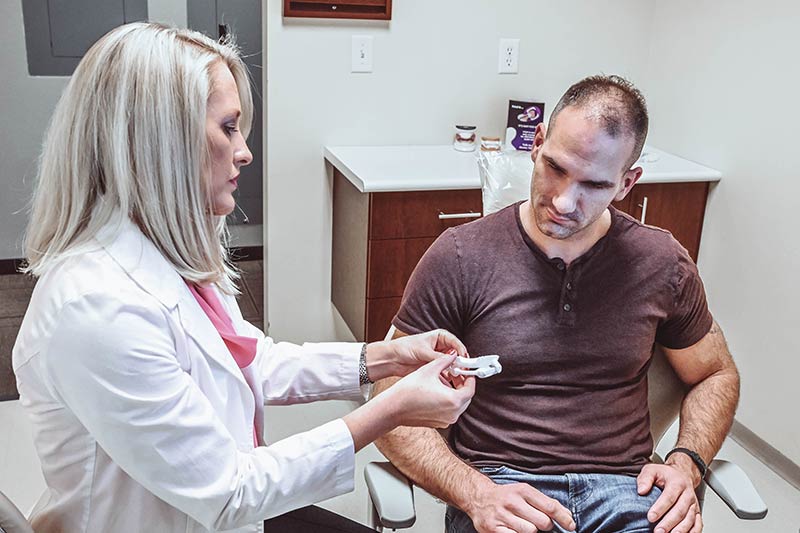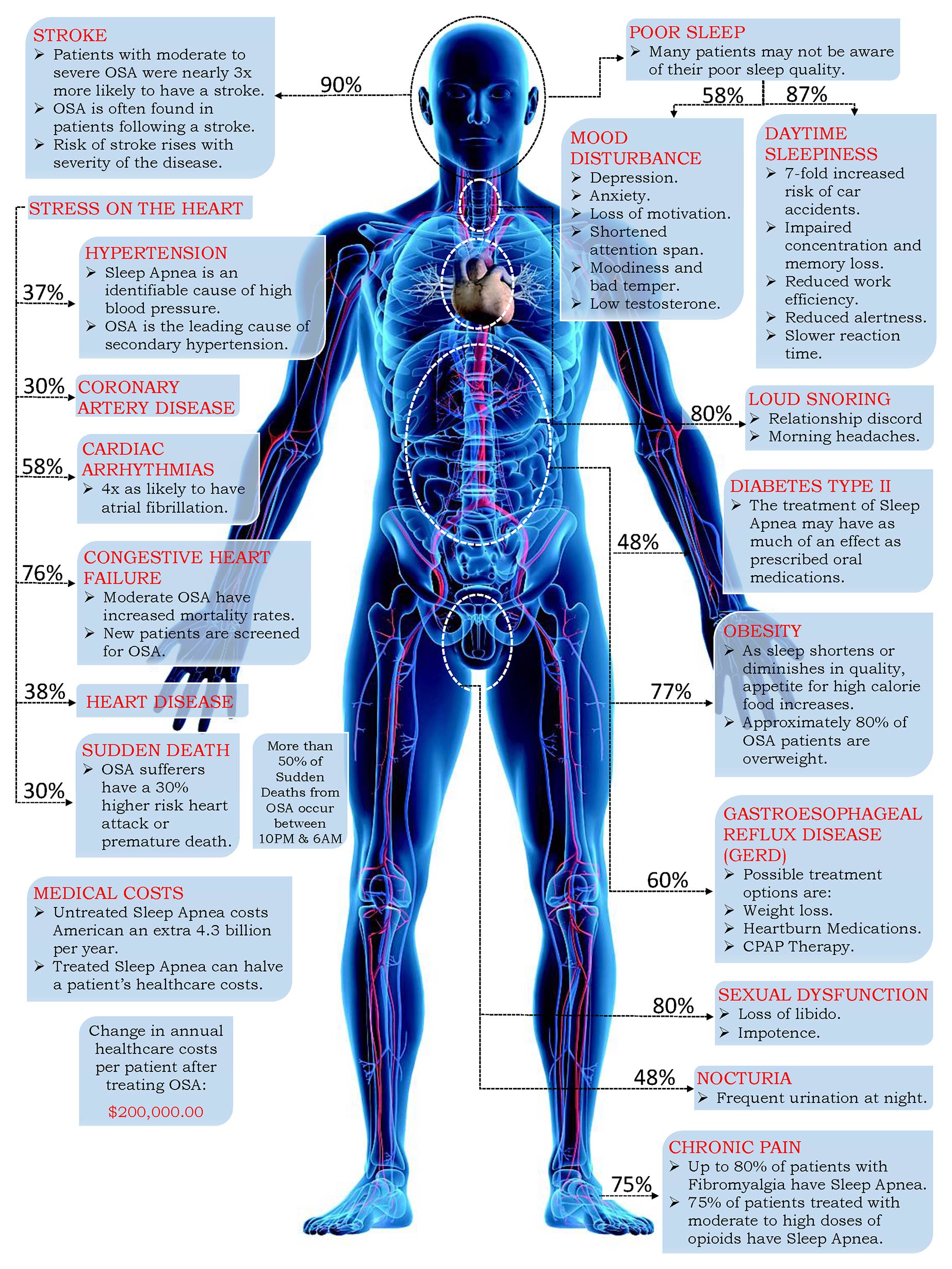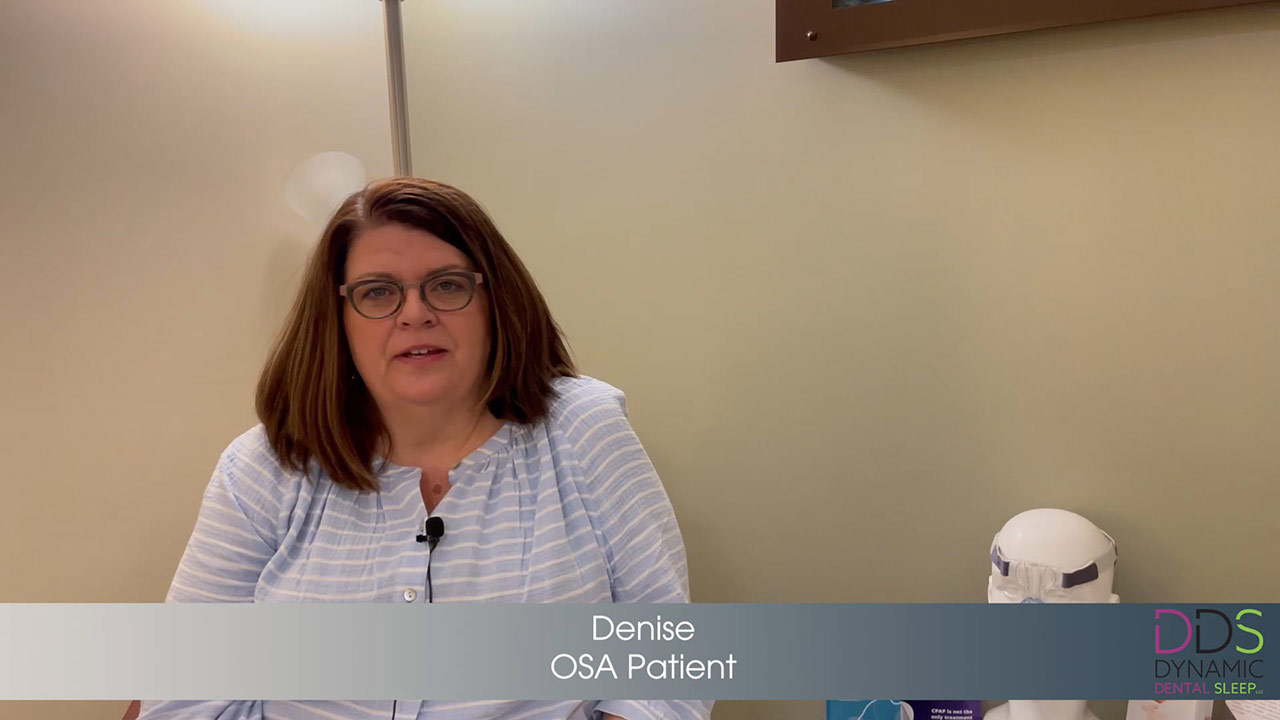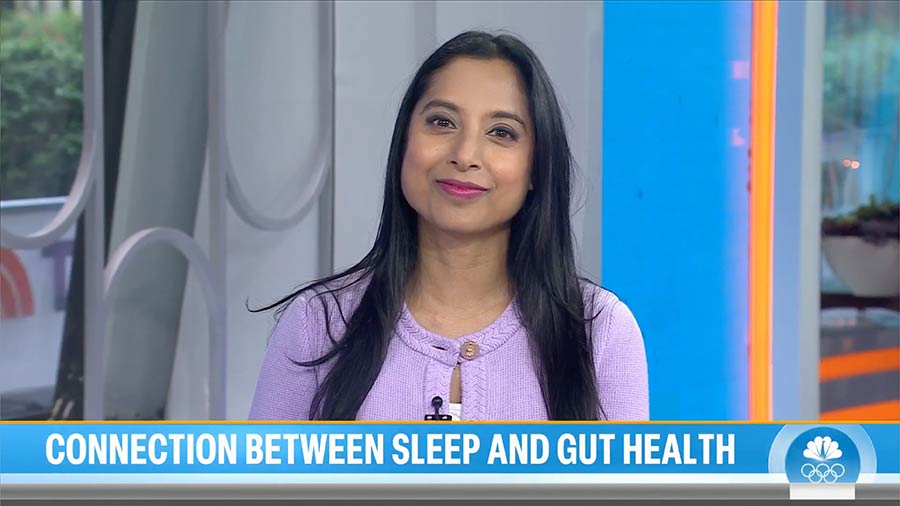The Importance of Sleep
Sleep is not just a luxury; it’s a fundamental pillar of good health. Yet, in today’s fast-paced world, it’s often overlooked or sacrificed in favor of other priorities. However, the consequences of sleep deprivation and fragmented sleep can be profound, affecting every aspect of your life. As adults, it’s recommended that we aim for 7-9 hours of quality sleep per night. However, it’s not just about the quantity of sleep; the quality and duration of sleep are equally important factors in ensuring optimal health.

- Quality sleep involves cycling through various stages of sleep, including light sleep, deep sleep, and REM (rapid eye movement) sleep. Each stage plays a unique role in restoring and rejuvenating both the body and the mind.
- Duration refers to the total amount of time spent asleep, but it’s equally important to consider the efficiency of your sleep. Factors such as sleep interruptions, restless sleep, and poor sleep hygiene can all impact the quality of your sleep, even if you’re getting the recommended number of hours.
Let’s delve into some of the key effects of inadequate sleep:
- Hormonal Imbalance: Sleep plays a crucial role in regulating hormones that control appetite, metabolism, and stress. Chronic sleep deprivation disrupts these hormonal signals, leading to increased appetite, weight gain, and heightened stress levels1.
- Weight Gain: Research has shown a clear link between insufficient sleep and weight gain. Sleep deprivation disrupts the balance of appetite-regulating hormones, leading to increased cravings for high-calorie foods and decreased energy expenditure2.
- Mental Health: Lack of sleep is closely associated with mood disorders such as anxiety and depression. Sleep deprivation affects brain function, impairing your ability to regulate emotions and cope with stress3.
- Work Performance: Sleep is essential for cognitive function, memory consolidation, and decision-making. Sleep-deprived individuals often experience impaired concentration, reduced productivity, and increased risk of workplace accidents4.
- Relationships: Sleep deprivation can strain relationships by increasing irritability, moodiness, and conflict resolution difficulties. While sharing a bed can foster intimacy and connection, it can also lead to sleep disruptions caused by different sleep schedules, snoring, or restless sleep patterns. Sleep disturbances can strain relationships, leading to irritability, resentment, and even arguments. Quality sleep is essential for maintaining emotional balance and effective communication within relationships5.
- Athletic Performance: Adequate sleep is critical for physical performance and recovery. Sleep deprivation can impair muscle function, coordination, and reaction time, negatively impacting athletic performance6.
By prioritizing quality sleep, you can improve your overall health and quality of life. Establishing healthy sleep habits, such as maintaining a consistent sleep schedule, creating a comfortable sleep environment, and practicing relaxation techniques, can help optimize your sleep. If you’re experiencing persistent sleep difficulties, it’s essential to seek guidance from a healthcare professional who can help address underlying issues and develop a personalized treatment plan. Remember, quality sleep is essential for vibrant health and vitality.
References
- Taheri S, Lin L, Austin D, Young T, Mignot E. Short sleep duration is associated with reduced leptin, elevated ghrelin, and increased body mass index. PLoS Med. 2004;1(3):e62.
- Markwald RR, Melanson EL, Smith MR, et al. Impact of insufficient sleep on total daily energy expenditure, food intake, and weight gain. Proc Natl Acad Sci U S A. 2013;110(14):5695-5700.
- Baglioni C, Battagliese G, Feige B, et al. Insomnia as a predictor of depression: a meta-analytic evaluation of longitudinal epidemiological studies. J Affect Disord. 2011;135(1-3):10-19.
- Pilcher JJ, Huffcutt AI. Effects of sleep deprivation on performance: a meta-analysis. Sleep. 1996;19(4):318-326.
- Troxel WM, Robles TF, Hall M, Buysse DJ. Marital quality and the marital bed: examining the covariation between relationship quality and sleep. Sleep Med Rev. 2007;11(5):389-404.
- Halson SL. Sleep in elite athletes and nutritional interventions to enhance sleep. Sports Med. 2014;44 Suppl 1(Suppl 1):S13-S23.
The Consequences of Untreated Obstructive Sleep Apnea
Untreated OSA is a serious sleep disorder characterized by repeated pauses in breathing during sleep, often due to the relaxation of throat muscles. If left unaddressed, OSA can have significant implications for your health and well-being. Recognizing the signs and symptoms of OSA and seeking appropriate evaluation and treatment is crucial. Addressing OSA early can improve your sleep quality, overall health, and reduce the risk of complications down the line. If you suspect you may have OSA or have been experiencing symptoms such as loud snoring, gasping for breath during sleep, or daytime fatigue, we encourage you to discuss your concerns with a healthcare professional. Together, you and your healthcare team can explore options for diagnosis and treatment to help you achieve better sleep and overall well-being.
Obstructive Sleep Apnea Afflicts 1 in Every 5 Americans1
Did you know? Obstructive Sleep Apnea (OSA) affects approximately 1 in 5 Americans, with over 25 million adults diagnosed with the condition in the United States alone.
Symptoms of OSA:
- Loud snoring, experienced by over 90% of individuals with OSA.
- Gasping or choking sensations during sleep, reported by 70% of OSA patients.
- Daytime fatigue, affecting 40% to 60% of individuals with untreated OSA.
- Morning headaches, experienced by 50% of OSA sufferers.
- Difficulty concentrating, impacting up to 80% of individuals with untreated OSA.
If you suffer from any of the conditions noted in the infographic consult your physician about getting tested for sleep apnea.
Consequences of Untreated OSA:
- Increased risk of heart disease and stroke, with OSA patients being 2-3 times more likely to suffer from cardiovascular events.
- Daytime fatigue and reduced productivity, leading to a 70% higher risk of workplace accidents.
- Mood disorders such as depression and anxiety, affecting over 50% of OSA patients.
- Metabolic disorders like insulin resistance and weight gain, with OSA sufferers having a 30% higher risk of developing type 2 diabetes.
- Decreased quality of life and impaired relationships, experienced by over 75% of individuals with untreated OSA.
- Untreated mild to moderate OSA can reduce lifespan by 12-15 years, while untreated severe OSA is fatal. It is just a matter of when.4
- Individuals with untreated OSA are at a significantly higher risk of developing or having recurring events of atrial fibrillation (AFib), with studies showing a 2 to 4-fold increased risk compared to those without OSA.5
Seeking Help
If you experience symptoms of OSA or suspect you may have the condition, it’s essential to seek evaluation and treatment from a healthcare professional. Treatment options may include lifestyle changes, CPAP therapy, oral appliance therapy, or surgery, depending on the severity of your condition. Remember, addressing OSA can significantly improve your sleep quality, overall health, and quality of life.
References
- American Academy of Sleep Medicine. (2020). “Sleep Apnea.” Retrieved from https://aasm.org/resources/factsheets/sleepapnea.pdf
- Infographic Source
- Statistics sources for image and copy include:
- Peppard PE, Young T, Barnet JH, Palta M, Hagen EW, Hla KM. Increased prevalence of sleep disordered breathing in adults. Am J Epidemiol. 2013;177(9):1006-1014.
- Kapur VK, Auckley DH, Chowdhuri S, et al. Clinical practice guideline for diagnostic testing for adult obstructive sleep apnea: an American Academy of Sleep Medicine clinical practice guideline. J Clin Sleep Med. 2017;13(3):479-504.
- Peppard PE, Young T, Palta M, Skatrud J. Prospective study of the association between sleep disordered breathing and hypertension. N Engl J Med. 2000;342(19):1378-1384.
- Marshall NS, Wong KK, Cullen SR, Knuiman MW, Grunstein RR. Sleep apnea and 20-year follow- up for all-cause mortality, stroke, and cancer incidence and mortality in the Busselton Health Study cohort. J Clin Sleep Med. 2014;10(4):355-362.
- Young T, Finn L, Peppard PE, et al. Sleep disordered breathing and mortality: eighteen-year follow-up of the Wisconsin sleep cohort. Sleep. 2008;31(8):1071-1078.)
- Gami AS, Hodge DO, Herges RM, et al. Obstructive sleep apnea, obesity, and the risk of incident atrial fibrillation. J Am Coll Cardiol. 2007;49(5):565-571.
Unlocking Better Sleep: Your Dentist’s Role in Screening and Treating Obstructive Sleep Apnea
Are you tired of restless nights and feeling groggy during the day? Your dentist could be the key to unlocking better sleep and improving your overall health.

The Role of Your Dentist
Dentists trained in sleep medicine play a crucial role in screening for and treating obstructive sleep apnea (OSA) using oral appliances. OSA is a common sleep disorder where breathing repeatedly stops and starts during sleep due to relaxed throat muscles, leading to blocked airflow. By evaluating your signs, symptoms, and oral health during routine dental exams, your dentist can identify potential indicators of sleep apnea and recommend appropriate treatment options.
Medical Community Collaboration
The medical community recognizes the importance of dentists in addressing the underdiagnosis of sleep apnea. Dentists are increasingly being asked to screen for and treat this condition due to their unique qualifications and ability to assess oral health. Through collaboration between dentists and medical professionals, more individuals can receive timely diagnosis and effective treatment for sleep apnea, improving their quality of life and overall health outcomes.
Why Choose a Dentist Trained in Dental Sleep Medicine?
Dentists are uniquely qualified to evaluate signs, symptoms, and oral manifestations of sleep apnea during routine dental exams. With specialized training and expertise in dental sleep medicine, they can provide personalized care and recommend oral appliance therapy as a non-invasive treatment option for sleep apnea. By partnering with your dentist, you can take proactive steps towards better sleep and improved overall health.
Don’t let poor sleep disrupt your life any longer. Use our directory to locate a trained dentist in your area who can help you find relief. Discover if oral appliance therapy is the right solution for you and take the first step toward achieving better sleep and enhancing your overall well-being.
Take the first step towards better sleep and lasting improvements in your health and well-being by finding a trained sleep dentist near you today. Don’t wait any longer to start your journey towards a better night’s sleep.
Dynamic Dental Sleep, LLC serves as a training entity, providing educational resources and courses. It is important to note that the responsibility for direct patient care lies with the patient’s healthcare provider, who is obligated to operate within their scope of practice and license requirements. Any inquiries or concerns regarding individual patient care should be directed to the patient’s dentist or other qualified medical professionals.
Patient Testimonials
Discover real-life experiences of individuals who have benefited from oral appliance therapy. Read inspiring stories and personal journeys to better sleep and improved quality of life.
Patient Resources
Stay updated with the latest news and advancements in sleep medicine and oral appliance therapy. Explore articles, videos, podcasts, and breakthroughs shaping the field.
Take The Sleep Apnea Quiz
Sleep apnea remains alarmingly underdiagnosed, with a significant portion of affected individuals unaware of their condition. Studies indicate that up to 80% of moderate to severe sleep apnea cases remain undiagnosed1. This lack of awareness is concerning, as sleep apnea can have serious consequences on overall health and quality of life.
It's important to recognize that sleep apnea can manifest differently among individuals. While some experience noticeable symptoms, others may be asymptomatic or attribute their symptoms to other factors. Snoring is often dismissed as a harmless annoyance, but it can be a red flag for underlying sleep apnea. Contrary to common belief, snoring is rarely normal and may indicate airway obstruction during sleep2. Research published in the European Respiratory Journal emphasizes the importance of recognizing snoring as a potential marker of sleep-disordered breathing and the need for further evaluation3.
If you're experiencing symptoms such as loud and persistent snoring, daytime sleepiness, morning headaches, or witnessed pauses in breathing during sleep, you may be at risk for sleep apnea. Don't ignore these signs—take action today to prioritize your health.
Take our quiz to assess your risk for sleep apnea and receive personalized recommendations for next steps. Your well-being matters, and early detection and treatment can make a significant difference in your quality of life. Don't wait—take the quiz now and take control of your sleep health.
Answer the following questions to assess your risk for sleep apnea. Be honest and select the response that best describes your experience.
Find A Sleep Medicine Dentist Near You
We are excited that you have chosen to prioritize your sleep health! DDS trained dentists are committed to providing high-quality patient care and are well-versed in the latest advancements and best practices in dental sleep medicine. DDS trained dentists understand the importance of and have the resources for efficient and effective screening, treatment, and follow up. They follow a treatment protocol that will assess the effectiveness of treatment and can make any necessary adjustments and address any issues or concerns that may arise. DDS trained dentists recognize the importance of collaboration, and they are committed to working closely with your medical teams to communicate effectively and align treatment strategies to improve your outcomes and enhance your quality of life. Use our directory to find a DDS trained dentist near you!









